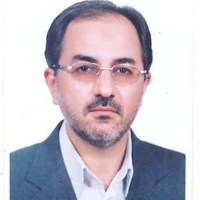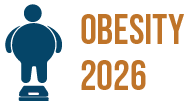3rd International Conference on
Obesity and Weight Management
June 04-05, 2026 | Paris, France

Obesity 2026

University of Isfahan, Iran
Abstract:
Holy Quran, the holy book of Muslims, even though is not a medical, biologic and nutrition book, but it has mentioned some guide lines, important points and examples related to spiritual and physical aspects of human health that may be regarded as human lifestyle. In this article, some important findings about human lifestyle concluded from Holy Quran that may be influence healthy nutrition and prevent obesity are presented as the following:
1. The nutrition important and its effect on human life
2. Diversity of nutrients and their classification as: materials with herbal origin (vegetables and etc.) and animal materials (meats, milk and etc.)
3. Essential guidelines for foodstuffs exploitation:
3.1. Exploitation of different sources (herbal and animal) for nutrition
3.2.”Halal”or permissible foods such as vegetables, fruits, meat of lamb, goat, beef, chicken and fish
3.3.”Haram” or forbidden foods such as alcoholic drinks, pork, carcasses meat, blood and filthy materials
3.4. Necessity of fasting during Ramadan
3.5. Necessity of carefulness about foodstuff usage and evaluation of the benefits and harms of potential foods
3.6. Forbidden of overeating and food extravagance
3.7. Emphasis on hygiene and preventing eating harmful substances
4. Islamic jurisprudence and nutrition: The religious obligatory charity (Zakat) or giving of alms to the poor and needy people and etc
5. Ethics and nutrition
6. Islamic encouraged eating rules (Mustahab actions) for body and spiritual health such as: Start eating only after hunger and stop taking food before fullness
Biography:
Mohammad Rabbani Khorasgani is professor in University of Isfahan, IRAN. He has DVM and PhD in microbiology degrees. He has published more than 80 articles about infectious diseases, evaluation of natural materials effects for prevention and control of diseases. Many of his researches has focused on probiotics. He has some interdisciplinary articles especially about :bioethics, lslamic lifestyle and health relationships, also.
